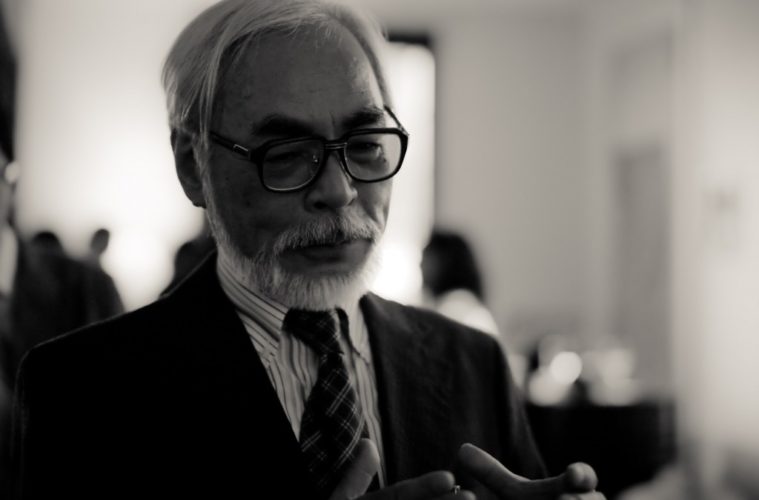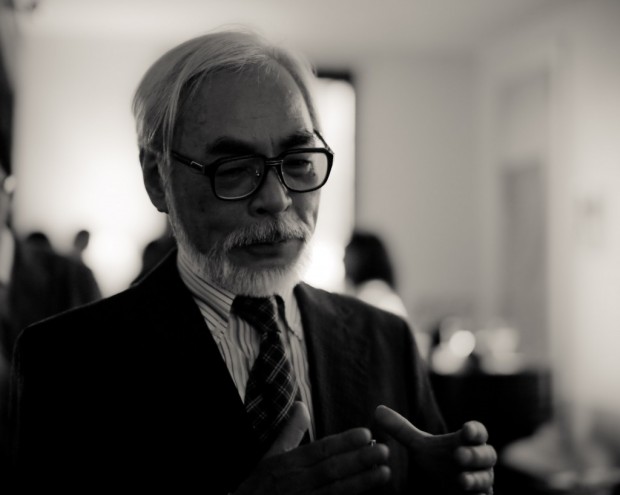Dailies is a round-up of essential film writing, news bits, and other highlights from our colleagues across the Internet — and, occasionally, our own writers. If you’d like to submit a piece for consideration, get in touch with us in the comments below or on Twitter at @TheFilmStage.
While Studio Ghibli is in flux, producer Toshio Suzuki says he could see Hayao Miyazaki returning to make a short film and clarifies previous statements about the future of the company:
“We’re changing the way we make (animation). We wanted to make a dream company. We thought we would make what suited us and not make what didn’t suit us. We were able to realize (that dream) to some extent and we’re very happy about that. But now we’re at a point where we’ve got to think about what we’ll do next.”
Robert Pattinson tells Little White Lies he’d like to work with Paul Thomas Anderson, Jean-Luc Godard, Alfonso Cuarón and Jacques Audiard.
At Vox, Todd VanDerWerff explores how the future of American horror movies were changed 15 years ago:
By almost any estimation, the weekend at the movies that kicked off on this date 15 years ago was a terrific one, a bit of a sigh of relief in a long, weird movie summer. The releases of the summer of 1999 are largely all over the place — Tom Cruise and Nicole Kidman in Stanley Kubrick’s Eyes Wide Shut rests uneasily against films like American Pie — but they reflect, simultaneously, how much more daring Hollywood studios were when it came to prime real estate even a decade-and-a-half ago and how much everybody in the industry cowered in anticipation of Star Wars, Episode I: The Phantom Menace being the be-all and end-all of the year’s box office.
At Screen Crush, Mark Duplass tells Mike Ryan why he doesn’t want to be a financial commodity:
“I see your point, as an actor there’s certainly the whole “I’m going to do this huge movie and then I’m going to make my indie thing.” The way that I have been able to keep my corner of the sandbox clean, if you will, and be able to do what I want to do is that I do things for a price. I’ve never lost money on a movie. No one is ever risking a lot of money on me. And they’ll never say it directly to my face, but everyone, when they’re making a piece of art with me, is thinking, He’s going to bring prestige to my studio and he’s a lottery ticket. The DNA of what it is will never lose money on DVD and VOD if it stinks, and if it’s great we’ll have an Academy contender. It’s the safest bet in the world.”
Watch Jack Black in Drunk History’s retelling of the making of Citizen Kane:


